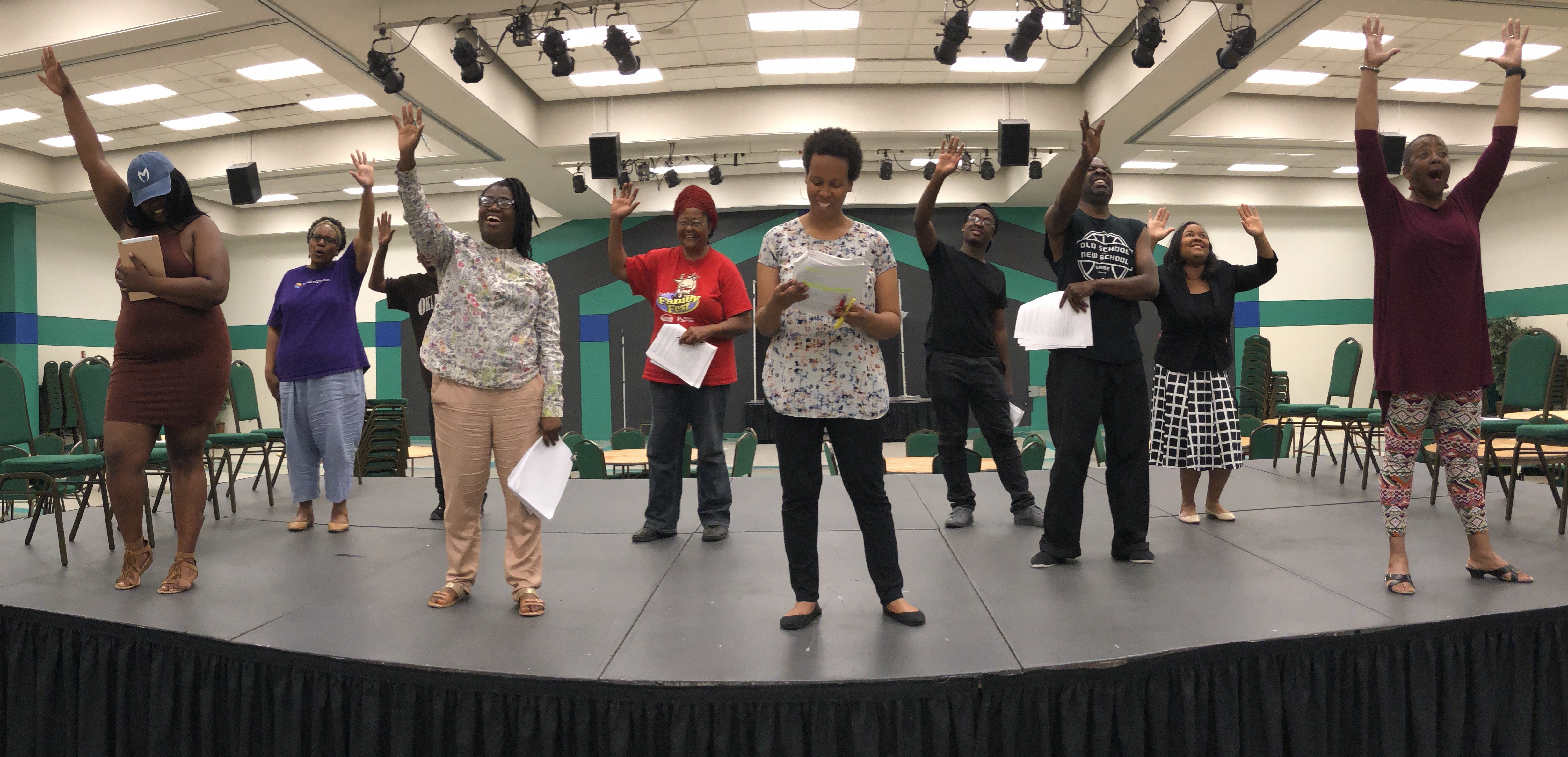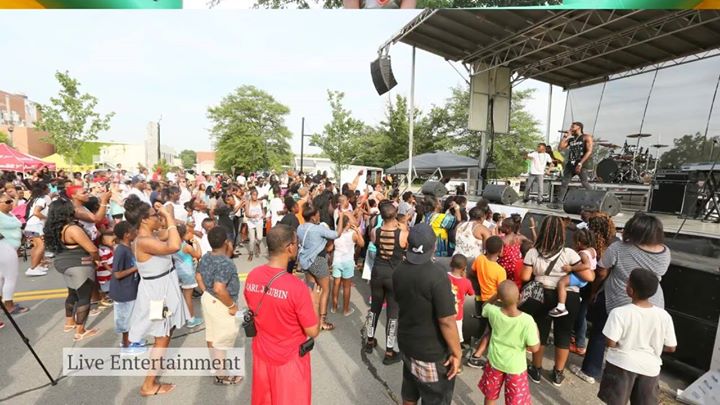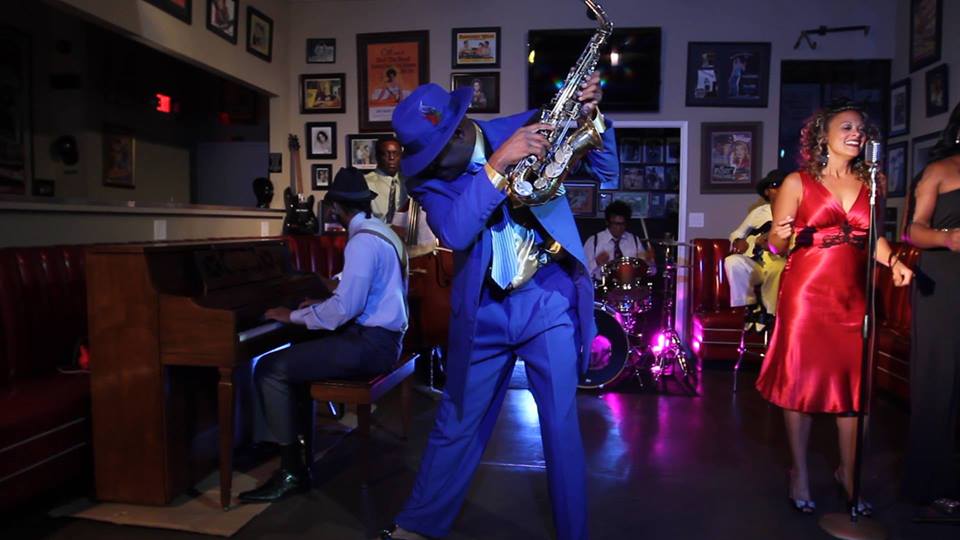
The Oklahoma Eagle Newswire
Union High School graduate Tara Brooke Watkins spent months listening to both black and white Tulsans’ true stories of living in Tulsa to create an original theatre production, “Tulsa ’21: Black Wall Street,” premiering June 29-July 1, 2018.
Tara Brooke Watkins grew up in Tulsa, Okla., and when years after graduating from college she read about the event commonly referred to as the Tulsa Race Riot, she was shocked. “I did not learn about this in school, but part of my childhood was spent in North Tulsa. I was shocked at both the unspeakable horror which was never taught, but also the incredible story of black wealth that no other city in the nation had.” She knew she had to do something about bringing this story to a more public arena.
Watkins is currently a theatre professor at Eastern Nazarene College in Quincy, Massachusetts where she runs a theatre for social justice program and is working toward her doctorate at Tufts University. She was trained in community engagement work at Emerson College by activist and performance artist Robbie McCauley. “Robbie trained me in the use of story circles and I have been using them in various settings ever since,” said Watkins. Story circles is an indigenous practice which has been adapted by theatre artists. Participants sit in a circle and share stories from their lives as related to a topic. “I am particularly interested in how historic events affect current experiences in communities,” explained Watkins.
She spent 2016 researching all the historic stories collected from Mary E. Jones Parrish, Ruth Sigler Avery, Scott Ellsworth, and Eddie Faye Gates then returned to Tulsa in 2017 to conduct story circles. The circles were run out of Greenwood Cultural Center and were open to anyone to attend all summer. “We had black people and white people at every circle,” said Watkins. “Some people came every week, others dropped in once or twice during the summer.” The stories shared each week answered a question that had to do with the history of the 1921 massacre or Black Wall Street in particular. “For example, one week I asked ‘when was a time you lost everything and rose again?’ and another week I asked ‘when have you experienced negative treatment based on prejudice,’” said Watkins. The stories have been used to create the original theatre production “Tulsa ’21: Black Wall Street” about Tulsa’s troubling history and its effects on Tulsans today.
The production features an all-black cast of fourteen people who portray those in the story circles as well as survivors of the massacre and white people from history. “I know it could be considered controversial to have black people portray white people,” but I think it’s important for white people to hear some of their perspectives through black eyes. So often we run in small, tight-knit groups and we don’t know how our words and beliefs affect the people we’re talking about,” said Watkins. When asked what it is like to be white directing an all-black cast, Watkins commented, “One thing story circles teaches you is how to listen. I use that same philosophy here. I listen to what my actors need – even when they’re not verbally articulating it. I also attempt to address tensions when they arise and let them say what I need to hear. I try to make sure they know their voice is the one that matters here.”
Watkins wrote the play as part of her PhD work which looks at how theatre can intervene in cultural trauma. She is directing and producing as well. She is also the playwright and director of “The Bible Women’s Project,” a play also written using story circles and an official selection of the New York International Fringe Festival in 2016 and currently on tour to interested churches.
“Tulsa ’21: Black Wall Street” runs June 29-July 1, 2018. Performances are as follows: June 29, 7:00 p.m., OSU-Tulsa Auditorium; June 30, 2:00 p.m. and 7:00 p.m., OSU-Tulsa Auditorium; July 1, 4:00 p.m., Greenwood Cultural Center. All tickets are $10 and proceeds go to support arts programming at the Greenwood Cultural Center. All seating is general admission. Doors will open one half hour prior to curtain. For tickets visit brownpapertickets.com and enter “Tulsa 21” in the search box. All performances will offer a post-show talkback for interested audience members.









